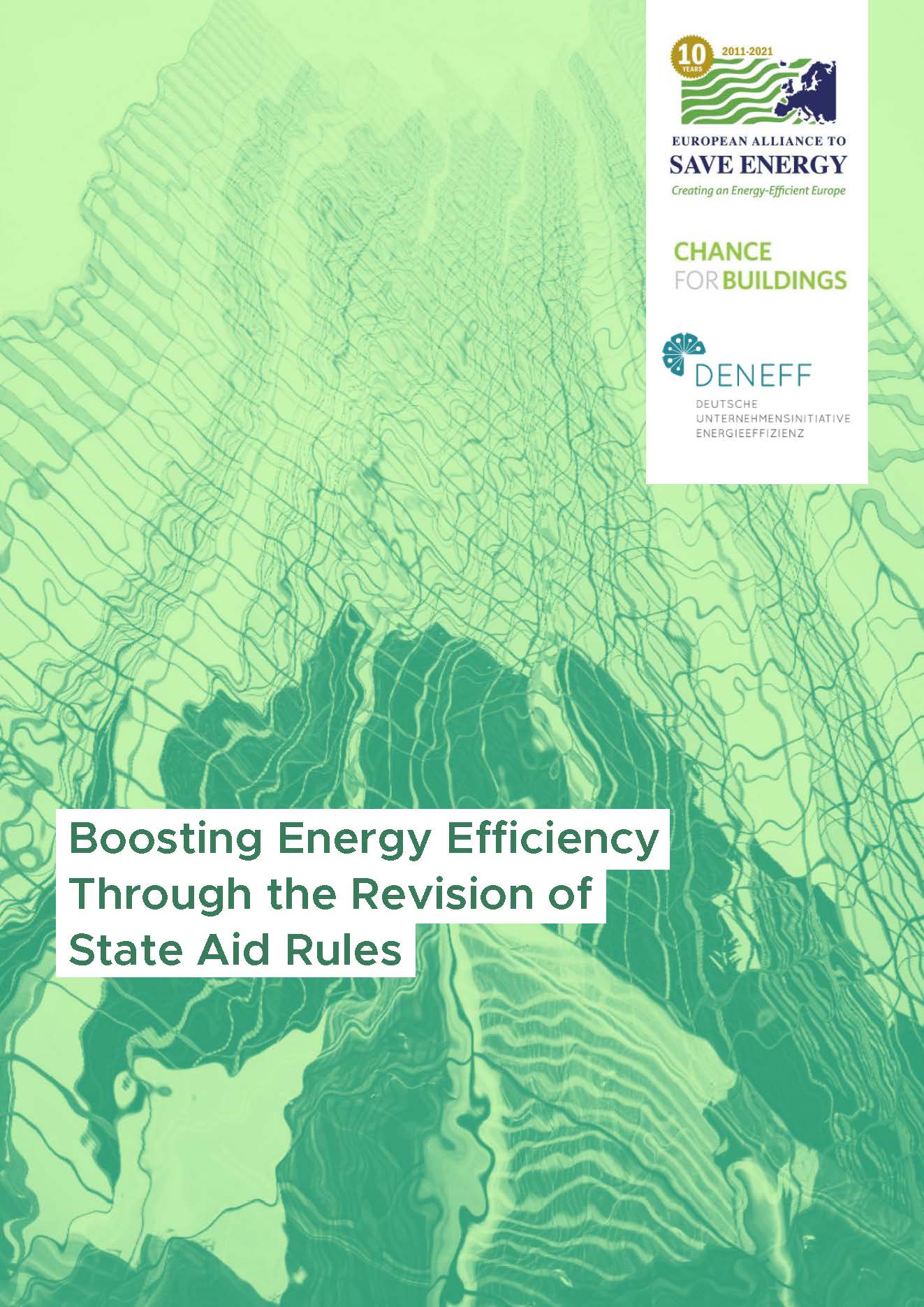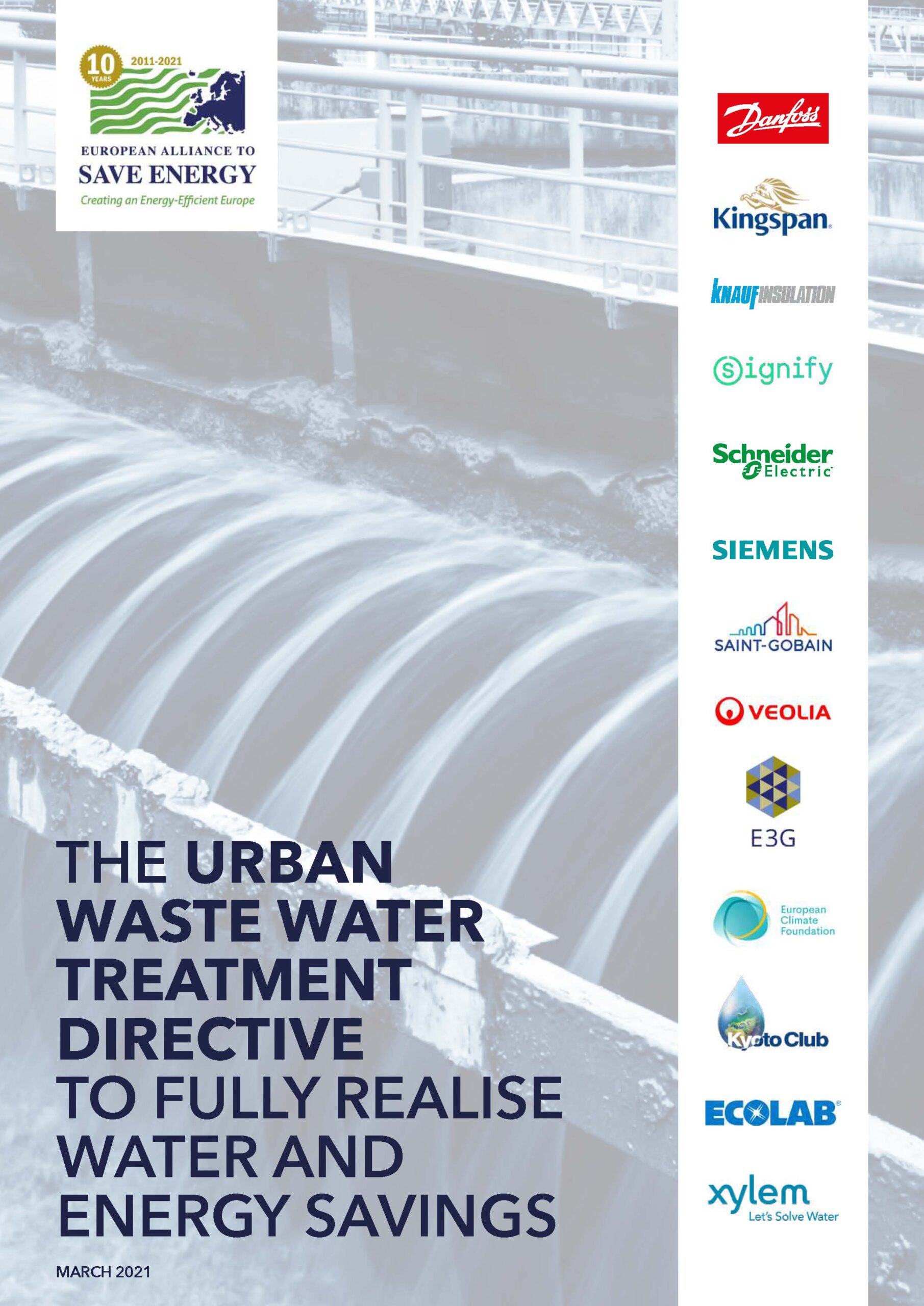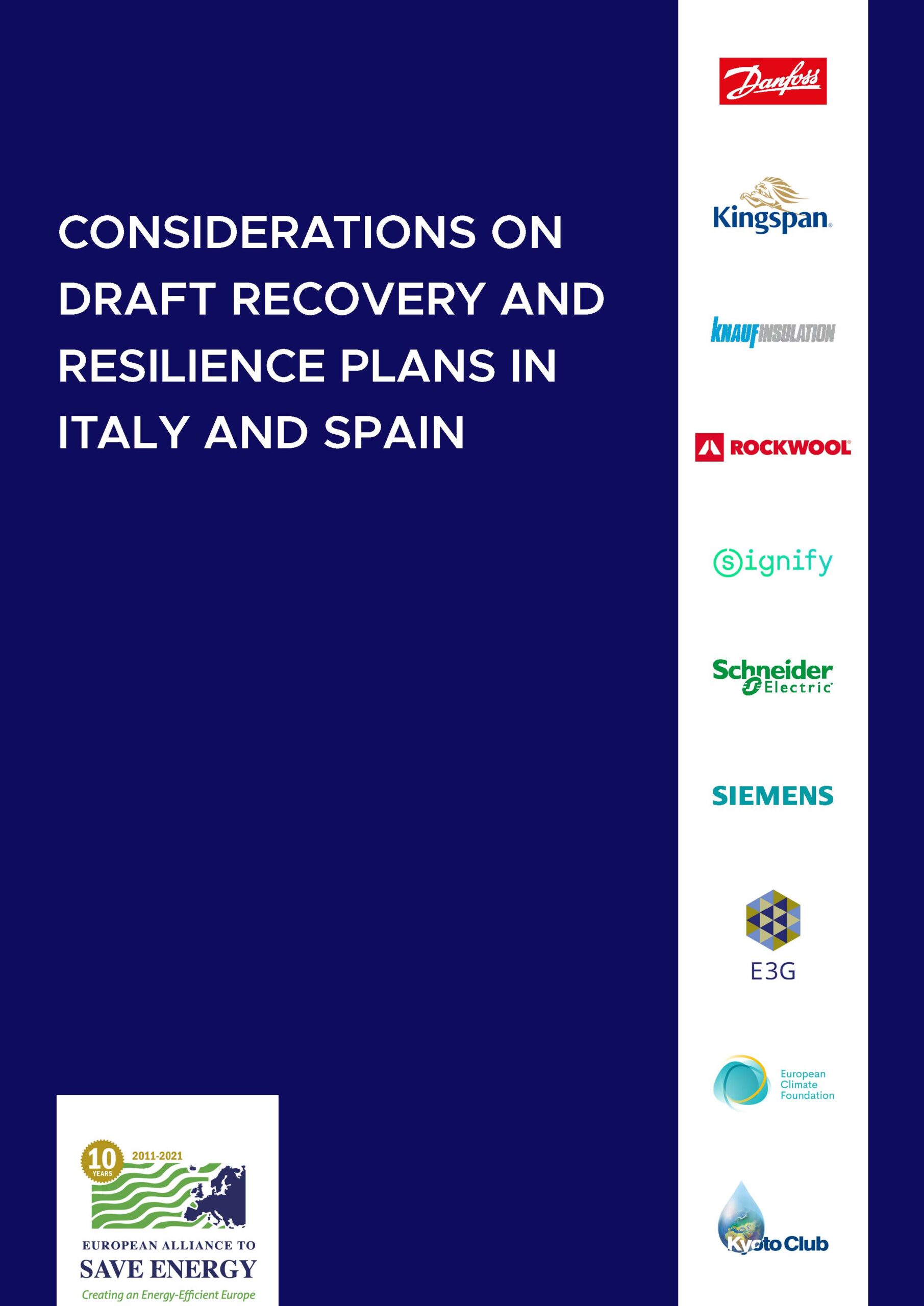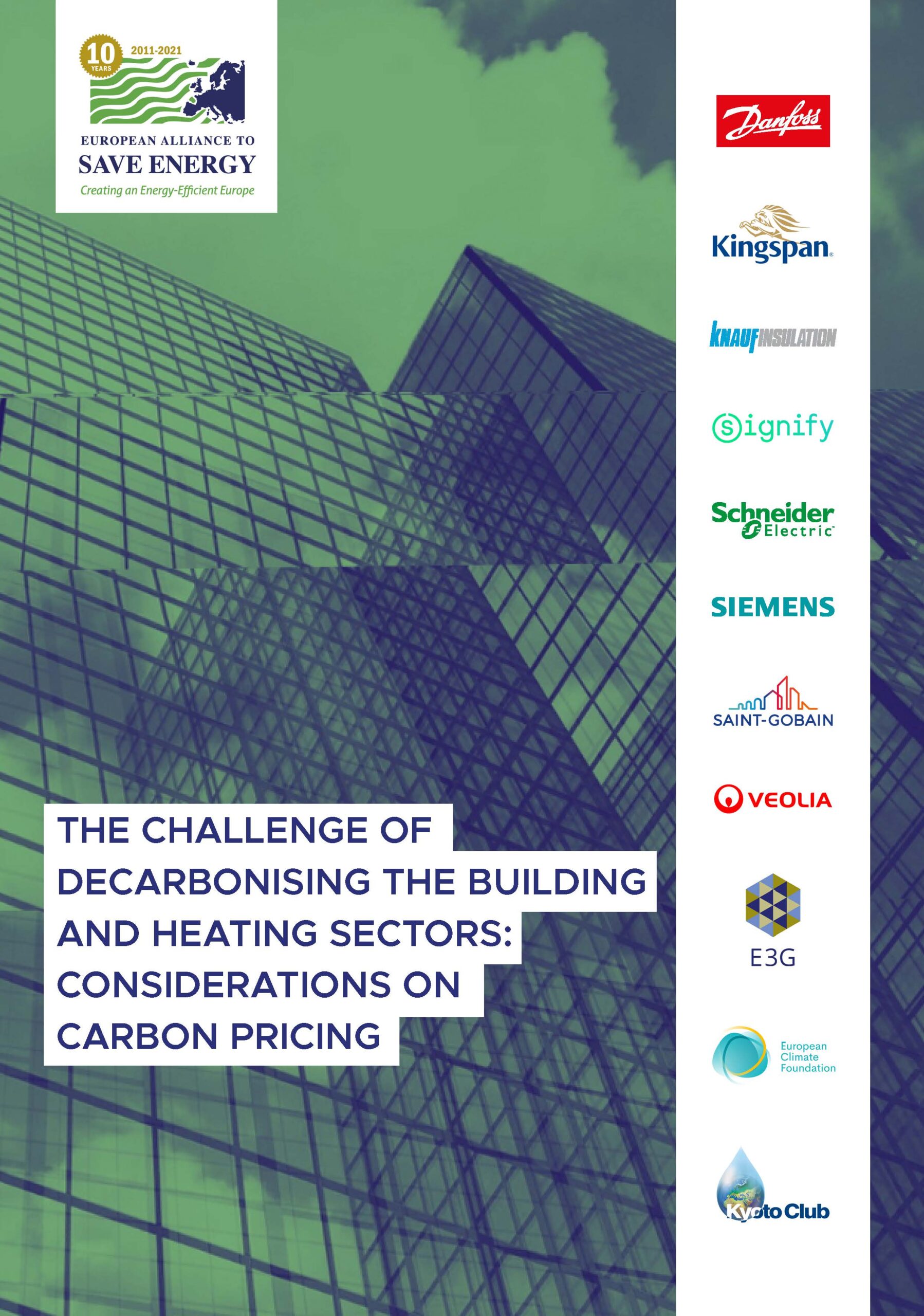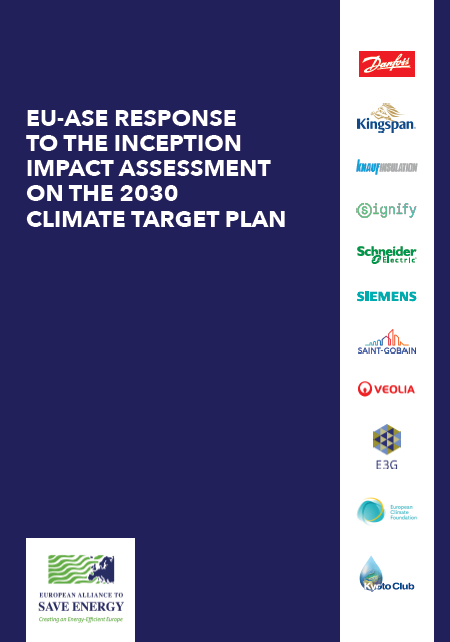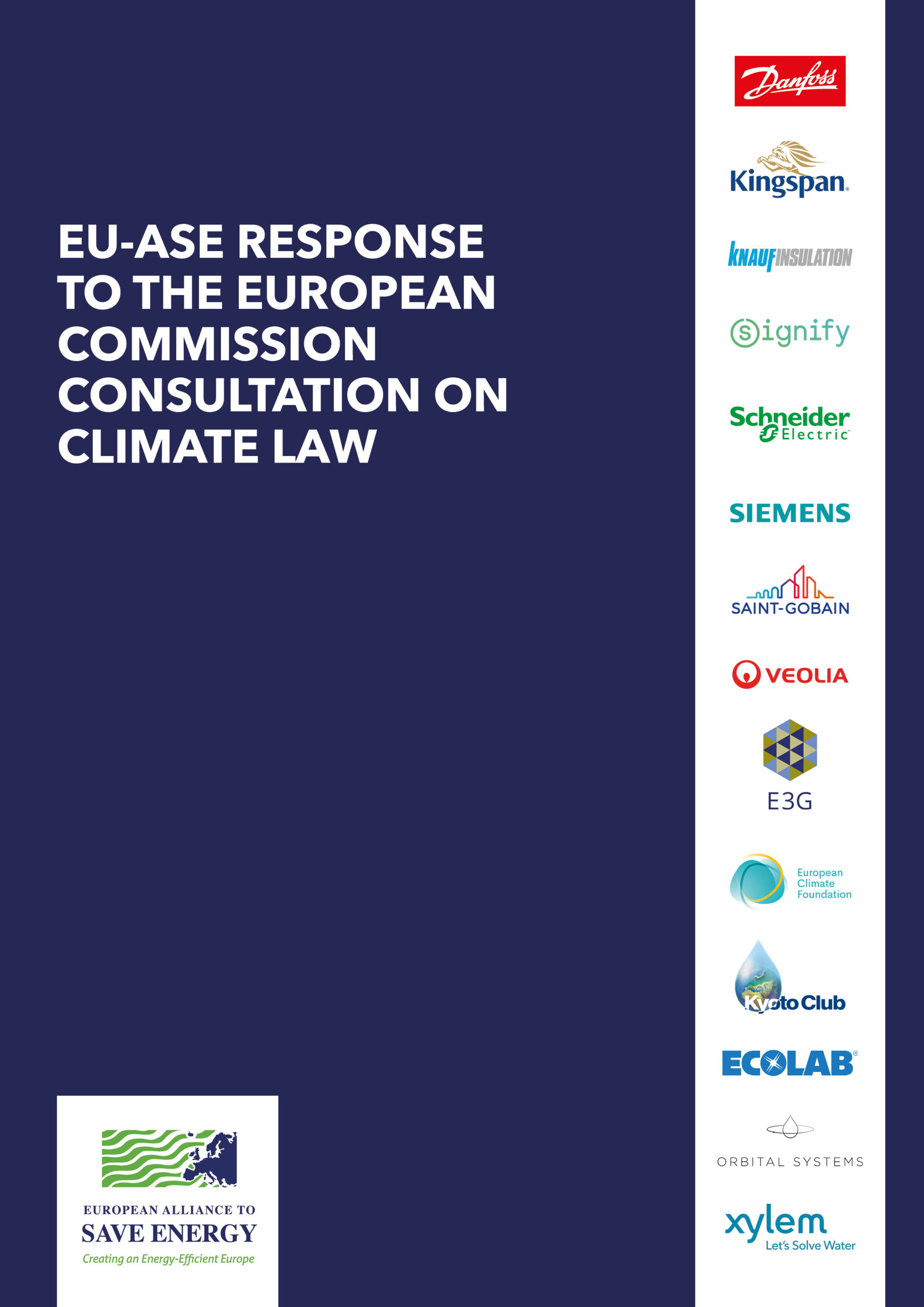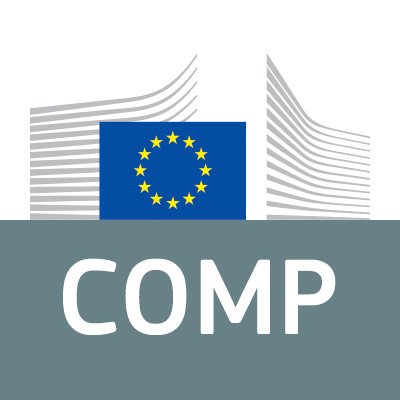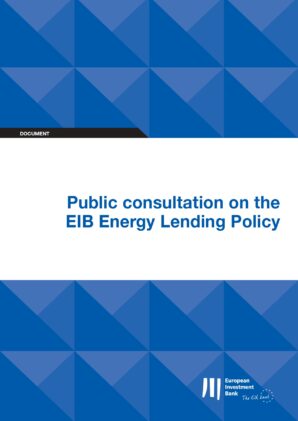Publications
Discover how we are contributing to a sustainable European Energy future
Papers
Boosting energy efficiency through the revision of State Aid rules
The European Commission should revise EU State Aid rules so they can help boost energy efficiency across Europe. To ensure that the energy markets are fair, flexible, and secure, the EU State Aid rules must address investment gaps by providing enabling conditions for attracting private investment. This is politically relevant considering the context of the Renovation Wave Strategy, which calls for doubling annual energy renovation rates, and considering the investments in energy efficiency...
read moreThe Urban Waste Water Treatment Directive to fully realise water and energy savings (updated)
Overall, the Urban Waste Water Treatment Directive (UWWTD) has played a substantial role in improving the quality of European water resources and reducing pollution levels in water bodies. However, Europe remains some way from full compliance with collection and treatment requirements and has made little progress with water reuse. We believe the 28-year-old Directive should be updated to better address these critical issues and today’s challenges including climate change, resource scarcity,...
read moreConsiderations on the draft Recovery and Resilience Plans of Italy and Spain
The National Recovery and Resilience Plans (NRRPs) are a unique opportunity to boost the economy, safeguard and/or create good jobs and win the fight against climate change in the short and long term. According to the available drafts, both Italy and Spain, two of the biggest beneficiaries of the EU Recovery and Resilience Facility, seem to be providing some positive signals for investors, consumers and other stakeholders by allocating significant financial means to boost energy efficient...
read moreDecarbonising the building and heating sectors: considerations on carbon pricing
Energy efficiency should be the starting point for all decarbonisation efforts. Carbon pricing can play a role in this, as it can provide incentives for the fuel switch and to some extent for energy efficiency investments. Yet, it should not replace impactful regulatory measures in the building sector driving the energy savings necessary to meet climate neutrality. We believe carbon pricing in the building sector can only work effectively and efficiently if: Its modalities are...
read moreConsultations
EU-ASE response to the Inception Impact Assessment on the 2030 Climate Target Plan
As European businesses and investors having energy efficiency and energy demand reduction at the heart of our activities, we strongly support President Ursula von der Leyen’s commitment to set the EU on a path to becoming the world’s first climate neutral continent by 2050 at the latest. In view of this goal, we believe that the 2030 greenhouse gas emissions reduction target must be increased from the current 40% to at least 55% because a more ambitious target will put the EU on a more gradual...
read moreEU-ASE response to European Commission consultation on climate law
According to the Commission LTS, the EU must halve its energy consumption by 2050. Energy efficiency therefore must play a central role in achieving net-zero GHG emissions by 2050. Considering that the world economy will triple by 2050 and that global population will increase by nearly 2.3 billion by 2050, energy efficiency is the most cost-effective way to decouple economic growth from emissions. Significant reductions in overall energy demand will come from energy use in buildings....
read moreEU-ASE Response to European Commission’s Targeted Consultation on EEAG
We would like to respond to the Roadmap that was released by DG Competition, namely on: 1) Targeted Consultation for the Evaluation of the Guidelines on State aid for Environmental protection and Energy 2014-2020 (EEAG)*Please describe the relevance of State aid rules for you.We believe that well-designed State aid schemes and measures can help achieve important policies in the Member States and in the EU such as reaching the 2030 targets while ensuring that the energy markets are affordable,...
read moreEU-ASE Response to EIB Public Consultation on Energy Lending Policy
The European Investment Bank (EIB) ran an open consultation about its Energy Lending Policy. In what regards energy efficiency, the consultation proposed three different questions that you can see here. The EIB, as the European Union (EU) Bank, plays a significant role in financing energy infrastructure. The Bank’s current approach towards supporting the energy sector is set out in its Energy Lending Criteria (ELC). These were adopted six years ago, in the context of Europe’s 2020 targets....
read more
